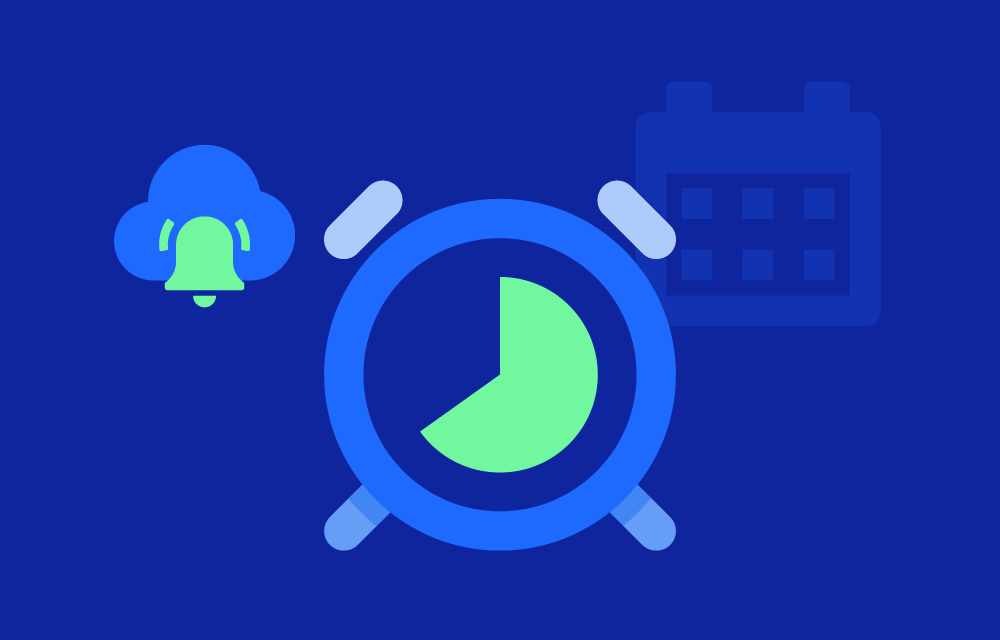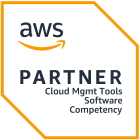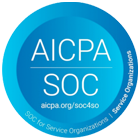History
Cloud Scheduler services were introduced as cloud computing matured, addressing the need for automated, scheduled task execution in the cloud. Google Cloud Platform launched its Cloud Scheduler in 2018, providing a fully managed, enterprise-grade cron job scheduler for cloud applications. Amazon Web Services (AWS) and Microsoft Azure have also introduced similar services, with AWS offering Amazon EventBridge (formerly known as CloudWatch Events) and Azure providing scheduling capabilities through Azure Logic Apps. IBM joined the trend with IBM Cloud Schematics, which includes task scheduling features as part of its infrastructure automation services. The introduction of these services reflects the growing need for reliable and scalable task automation in diverse cloud environments.
Value Proposition
Cloud Scheduler offers significant value by:
- Automation: Enables automation of routine tasks, reducing the need for manual intervention and increasing operational efficiency.
- Reliability: Ensures tasks run on schedule, with built-in monitoring and retry mechanisms to handle failures.
- Scalability: Easily scales to handle a large number of scheduled tasks, accommodating growing workloads.
- Integration: Seamlessly integrates with other cloud services and APIs, allowing complex workflows and processes to be orchestrated.
Challenges
- Configuration: Setting up and managing complex schedules can be challenging, particularly for users unfamiliar with cron syntax or scheduling concepts.
- Cost Management: Without proper oversight, the cost of running numerous scheduled tasks can add up, especially if tasks are resource-intensive.
- Error Handling: Ensuring robust error handling and retries for failed jobs can be complex.
- Security: Properly securing scheduled jobs to prevent unauthorized access and ensure data privacy is crucial.
Key Features
- Time-Based Scheduling: Supports cron and App Engine syntax for flexible time-based job scheduling.
- HTTP Targeting: Allows jobs to trigger HTTP/S endpoints, enabling integration with web services and APIs.
- Pub/Sub Targeting: Can publish messages to Google Cloud Pub/Sub topics, facilitating event-driven architectures.
- Retry Policies: Configurable retry policies for handling job failures, ensuring tasks are retried upon failure.
- Monitoring and Logging: Integration with cloud monitoring and logging services to track job execution and troubleshoot issues.
- Flexible Invocation: Supports invoking various types of cloud services and functions, including Cloud Functions, App Engine services, and more.
Types of Cloud Scheduler
- Google Cloud Scheduler: Fully managed cron job service on Google Cloud Platform.
- AWS EventBridge (formerly CloudWatch Events): Allows users to schedule automated tasks that trigger AWS services or serverless functions.
- Azure Logic Apps: Provides scheduling capabilities as part of its workflow automation service on Microsoft Azure.
- IBM Cloud Schematics: Offers scheduled tasks as part of its infrastructure automation service.
Use Cases
- Data Processing: Scheduling ETL (Extract, Transform, Load) jobs to run at specified intervals.
- System Maintenance: Automating routine system maintenance tasks such as backups and updates.
- Reporting and Analytics: Generating and distributing reports on a scheduled basis.
- Workflow Automation: Orchestrating complex workflows by triggering various cloud services and APIs.
- Event-Driven Architectures: Using scheduled jobs to publish messages to event buses or messaging services.
Market
The market for Cloud Scheduler services is expanding as organizations increasingly adopt cloud computing to improve operational efficiency and automate routine tasks. Google Cloud Scheduler, AWS EventBridge, Azure Logic Apps, and IBM Cloud Schematics are key players in this market. These services cater to businesses of all sizes, from startups to large enterprises, across various industries such as technology, finance, healthcare, and retail. The demand for reliable and scalable task automation solutions is expected to grow as more organizations embrace cloud-native architectures and event-driven systems.
Related Concepts
- Cron Jobs: Traditional Unix-based scheduling of tasks using cron syntax.
- Task Queues: Systems for managing the execution of background tasks, often with scheduling capabilities.
- Job Schedulers: General term for software applications that schedule and manage the execution of jobs and tasks.
References
- Google Cloud Scheduler Documentation
- AWS EventBridge Documentation
- Azure Logic Apps Documentation
- IBM Cloud Schematics Documentation
Further Reading
- “Cloud Computing: Concepts, Technology & Architecture” by Thomas Erl
- “Site Reliability Engineering: How Google Runs Production Systems” by Niall Richard Murphy, Betsy Beyer, Chris Jones, and Jennifer Petoff
- “Automating with Node.js: Cloud Platforms and Application Patterns” by Artur Ejsmont
- “Architecting the Cloud: Design Decisions for Cloud Computing Service Models” by Michael J. Kavis



